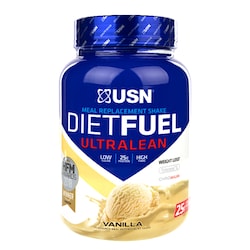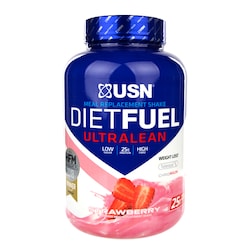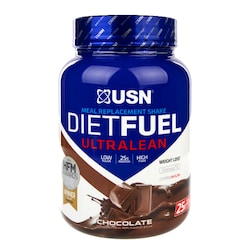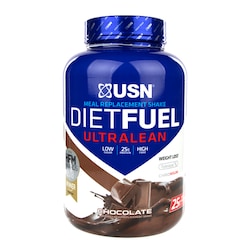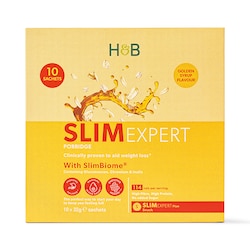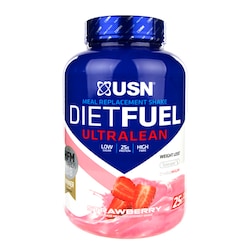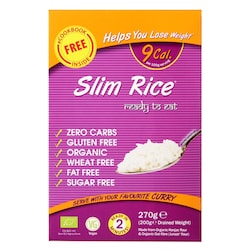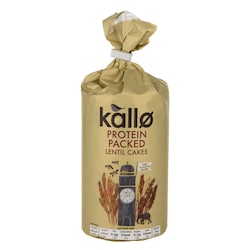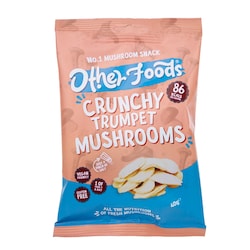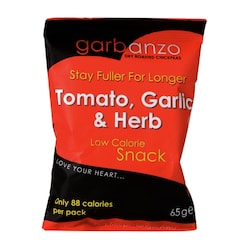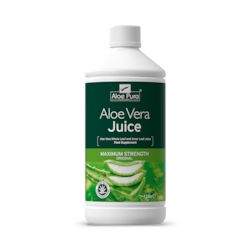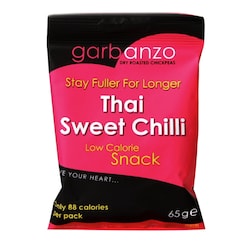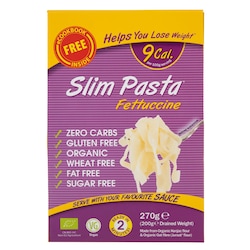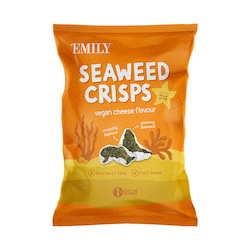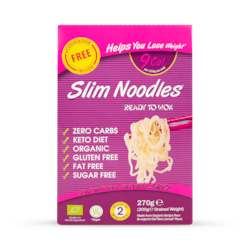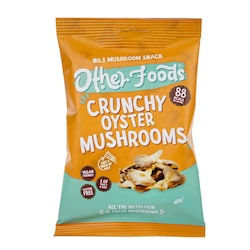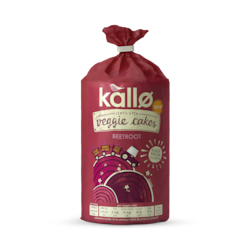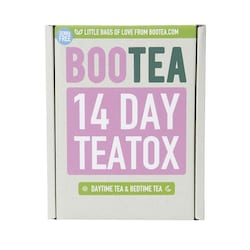15% off £30 OR 20% off £40
Code:DECIDE
The major benefits of a flexitarian diet

New to the idea of a flexitarian diet? It means being flexible with a vegetarian diet, eating animal products on occasion. Here’s more on flexitarianism
Not heard of going flexitarian? It simply means ‘flexible vegetarian’ and could be the way that we should all be eating
If the thought of going vegan or totally vegetarian is too much, you could try one of the latest food trends instead – flexitarianism.
Flexitarians are, as the name suggests, flexible vegetarians. They mainly eat a plant-based diet, but occasionally have meat dishes or other animal products.
Intrigued by the idea? Discover the major benefits of a flexitarian diet below.
What is flexitarianism?
Flexitarians are ‘casual’ vegetarians – they mostly eat plants but don’t completely cut out eating meat.1 They are different to reducetarians who are meat-eaters, but work towards reducing the amount of meat and animal products they consume. The flexitarian diet was first designed by nutritionist Dawn Jackson Blatner in 2010. She describes it as a healthy way of eating that minimises meat without excluding it altogether.2 The rise in flexitarianism follows the recent boom in veganism, with 34% of Brits now limiting the amount of meat they eat.3 Flexitarians are largely motivated by the desire to eat a healthier diet and concerns about issues such as animal welfare.4What can I eat on a flexitarian diet?
The flexitarian diet actually encourages you to add new foods to your plate – more vegetables, legumes and plant-based proteins – rather than taking anything away. A typical flexitarian diet5 includes:- at least five portions of fruits and veg every day
- plant-based protein, like tofu, chickpeas and lentils, instead of meat
- fewer processed and junk foods, like crisps, bacon and sugary drinks
- occasional unprocessed meat and other animal products, like eggs or milk
- peanut butter porridge with an apple
- Mexican tofu wrap with peppers, black beans and guacamole
- lentil, chickpea and cauliflower curry with spiced quinoa
- cashew nuts, dried fruits and vegan chocolate mousse as snacks
What are the benefits of a flexitarian diet?
There are several major benefits to going flexitarian – for you and the environment.Better health and wellbeing
While there aren’t many studies that just focus on flexitarians, there is a lot of research into the health benefits of going vegetarian or vegan. Studies have found eating this way can help reduce your risk of:- heart disease – a 1999 review of studies involving more than 75,000 people found the mortality rate from heart disease was 24% lower in vegetarians and 20% lower in people only occasionally eating meat6
- colorectal cancer – the NHS says that eating less red and processed meats may reduce your risk of developing this condition7
- diabetes – cases of diabetes are around 5% lower in vegans compared to non-vegetarians, according to a 2009 study published in Diabetes Care8
A boost for the environment
Food production is a major cause of climate change, water depletion and pollution – rearing animals for food is said to be as damaging for the planet as burning fossil fuels.11 But if more people ate a flexitarian diet, this could help the environment. According to a major 2018 study, if the world adopted a flexitarian diet, the greenhouse gas emissions produced by farming would reduce by half.12 This would be a major boost in the bid to tackle climate change.Animal welfare
Although people tend to choose a flexitarian diet to improve their health, some are also motivated by animal welfare issues.13 Many sheep, pigs, chickens and cows will have spent their lives in cramped and dirty conditions. But being careful about the meat you buy – either organic, free-range or from a local butchers or farm shop where you can find out about the animal’s life – is an important step towards better animal welfare.Are there any downsides to going flexitarian?
A well-balanced flexitarian diet is a very healthy way to eat, but you need to plan your meals properly to avoid missing out on any essential vitamins or minerals. According to the NHS,14 people following a mostly plant-based diet can lack key nutrients that are mainly found in meat or animal products. These include:- vitamin B12 – boost your intake with fortified cereals or plant milks, and consider a supplement of vitamin B12
- iron – plant sources include lentils and dark-green vegetables, like spinach and broccoli
- calcium – find it in fortified plant milks, almonds and wholemeal bread
- protein – up your intake with beans, pulses and soya products like tofu


